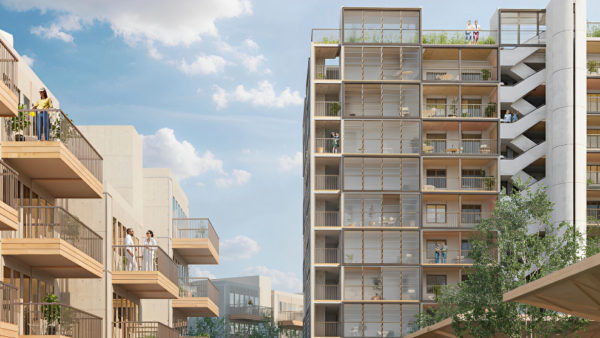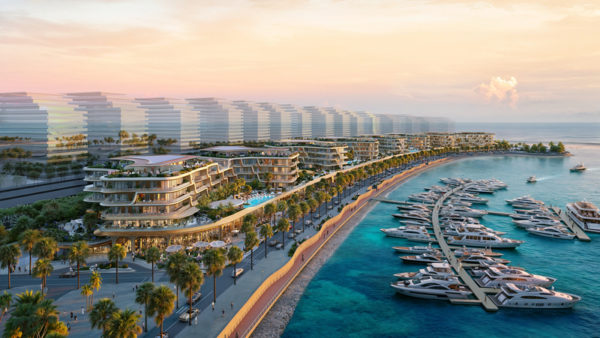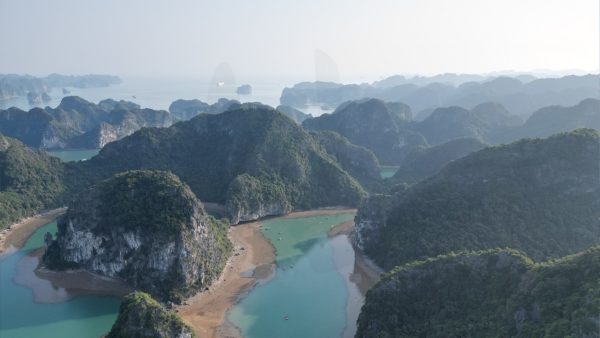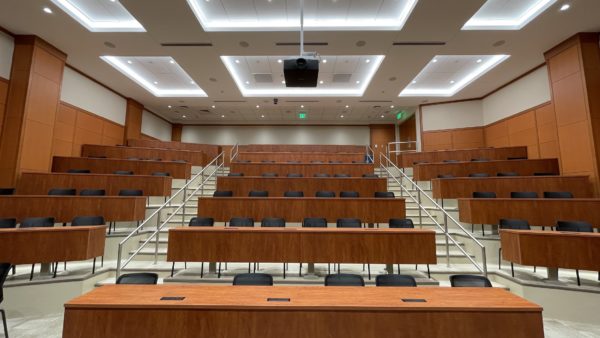A Chinese company is hoping to capitalise on New Zealand’s shortage of both homes and workers by selling easy-to-assemble modular homes.
Shenzhen Yahgee Modular House has partnered with local modular supplier Ecotech Homes to break into the New Zealand market, and has so far sold about 60 units.
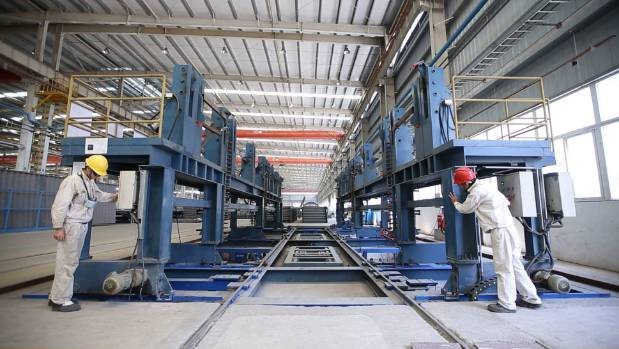
Yahgee’s Shanghai factory (Yahgee)
It is now hoping to supply 8,000 to the country’s Kiwi Build programme by the middle of next year.
Kiwi Build is a government initiative to build 100,000 affordable modern homes across the country over the next 10 years, with up to half made in factories and clipped together on site.
The plan is that Shenzhen Yahgee supply the systems, and Ecotech handles the marketing and assembly, including making sure the homes comply with New Zealand building codes.
This has proved a sticking point with the first units supplied, as the imported wood has to meet stringent standards for resistance to water, fire and insects. Steel also had to be tested for stretch and strength.
Ecotech founder Tony Frost commented that Chinese factories are often not aware of the specifications they have to meet in New Zealand. However, he told China’s Global Times newspaper: "The market here is very strong and with Kiwi Build announcing its need for significant volumes of affordable homes, and tourism experiencing strong growth, Ecotech and Yahgee are well positioned to help."
Guo Qing, general manager of Yahgee, told the Global Times that his company’s product was idea for New Zealand’s affordable housing needs. He said: "The many advantages that modular houses bring could no doubt help address the issue of cost. In some projects, it could save 30%."
According to a report on New Zealand’s Stuff website, a three-bedroom modular house takes 10 days to assemble after it arrives in New Zealand.
The initiative has attracted the interest of the New Zealand government, and an official delegation will be going to a Yahgee’s factory in Guangdong to look at how the component parts are built.
Other target markets are Norway, Sweden and Singapore, all of which have high labour costs. In the future, Yahgee hopes to break into US and Japanese markets.
Further reading:






